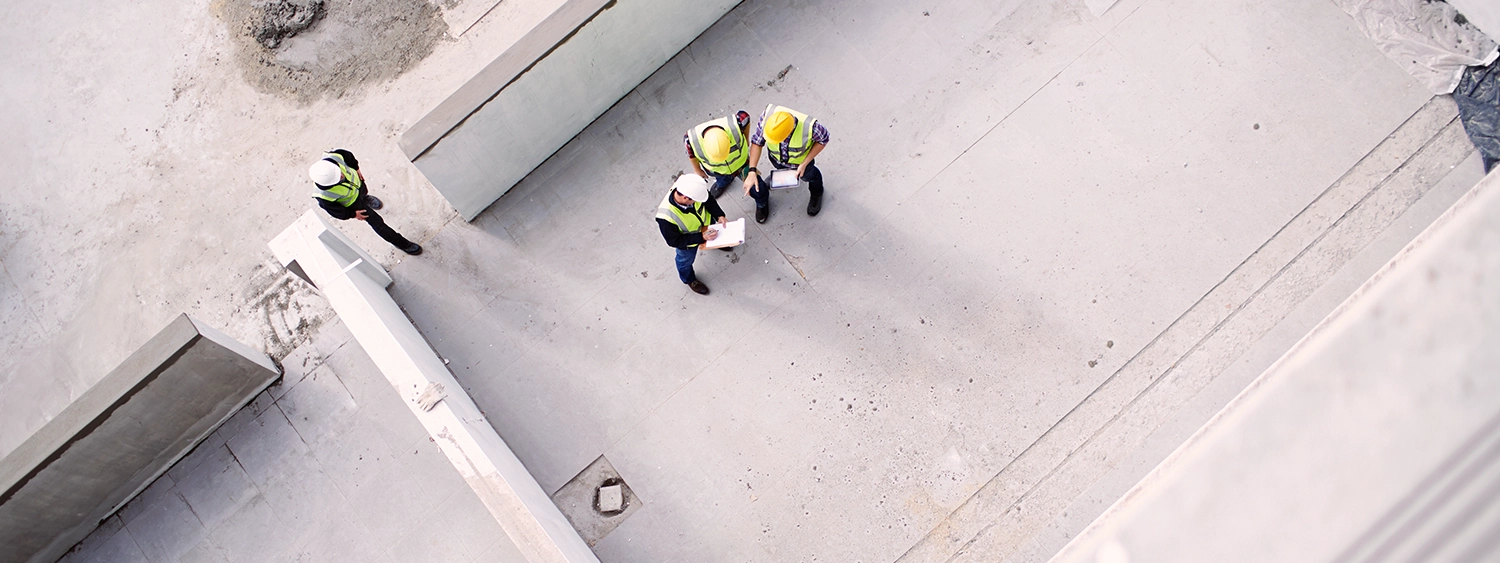Article
How does The One Big Beautiful Bill Act (OBBBA) affect your construction business? Let’s break it down

The One Big Beautiful Bill Act (OBBBA) was signed into law on July 4, 2025. Here are a few key highlights, effective for tax year 2025, that could impact your construction business.
Accelerated Depreciation
Acquiring equipment is a key component of the construction industry. Under the Act, first-year bonus depreciation on qualified property placed in service – effective as of January 2025 – will now be eligible for 100% deduction. This also includes a new provision for qualified production property used in manufacturing, production, or refining of certain tangible personal property. Restoring 100% bonus depreciation will benefit businesses that were previously limited by the Section 179 phase out. Additionally, the Section 179 expensing limit is increased to $2.5 million, and the phase-out threshold to $4 million for qualified property placed in service after Dec. 31, 2024.
Percentage of Completion Method for Residential Construction
Previously, residential construction contracts with more than four dwelling units, or multi-family contracts, were required to use percentage-of-completion and did not qualify for the home construction contract exemption. Under the new Act, these multi-family contracts will now be eligible for the Percentage-completion method exemption, expanding opportunities to use the completed contract method for contractors building multi-family housing.
PTE State Tax
The OBBBA increases the state SALT cap from $10,000 to $40,000 for itemizing taxpayers. The $40,000 deduction phases down to $10,000 once the modified adjusted gross income (AGI) surpasses $500,000 for joint filers. With the new limitations, the House version of the bill would have eliminated the ability to deduct PTE tax. Fortunately, the Senate version of the bill did not include the restrictions on deducting state PTE tax; therefore, depending on state regulations, PTE tax deductions will still be available for qualified pass-through entities.
Energy Efficiency Credits
For home builders, the credit for building energy-efficient homes under Section 45L is set to expire for homes acquired after June 30, 2026. Additionally, for contractors performing energy-efficient remodels for customers, the Energy-Efficient Home Improvement Credit under Section 25C will end after Dec. 31, 2025. Contractors receiving or offering these services under these credits should reevaluate their marketing and offerings.
Interest Expense Limitations
Contractors subject to interest expense limitations under IRC 163(j) will have the opportunity to deduct a greater amount of interest. Previously, interest was limited to 30% of a taxpayer’s adjusted taxable income (ATI). Since 2022, ATI has been defined as earnings before interest and taxes (EBIT), including depreciation. Under the OBBBA, ATI will exclude depreciation and amortization when calculating adjusted taxable income.
Since the Act is applicable for the 2025 tax year, it is crucial to understand how these changes will affect your organization. Our tax advisors are prepared to help your business navigate these changes and take advantage of planning opportunities. To learn more, contact your Abdo advisor today.
August 18, 2025
Meet the Expert
Reach out to our team
Let's discuss
Interested in discussing this topic further? Fill out this form to get in touch with our advisors and get the conversation started. Together, we can help light the path forward to a brighter future.
"*" indicates required fields
